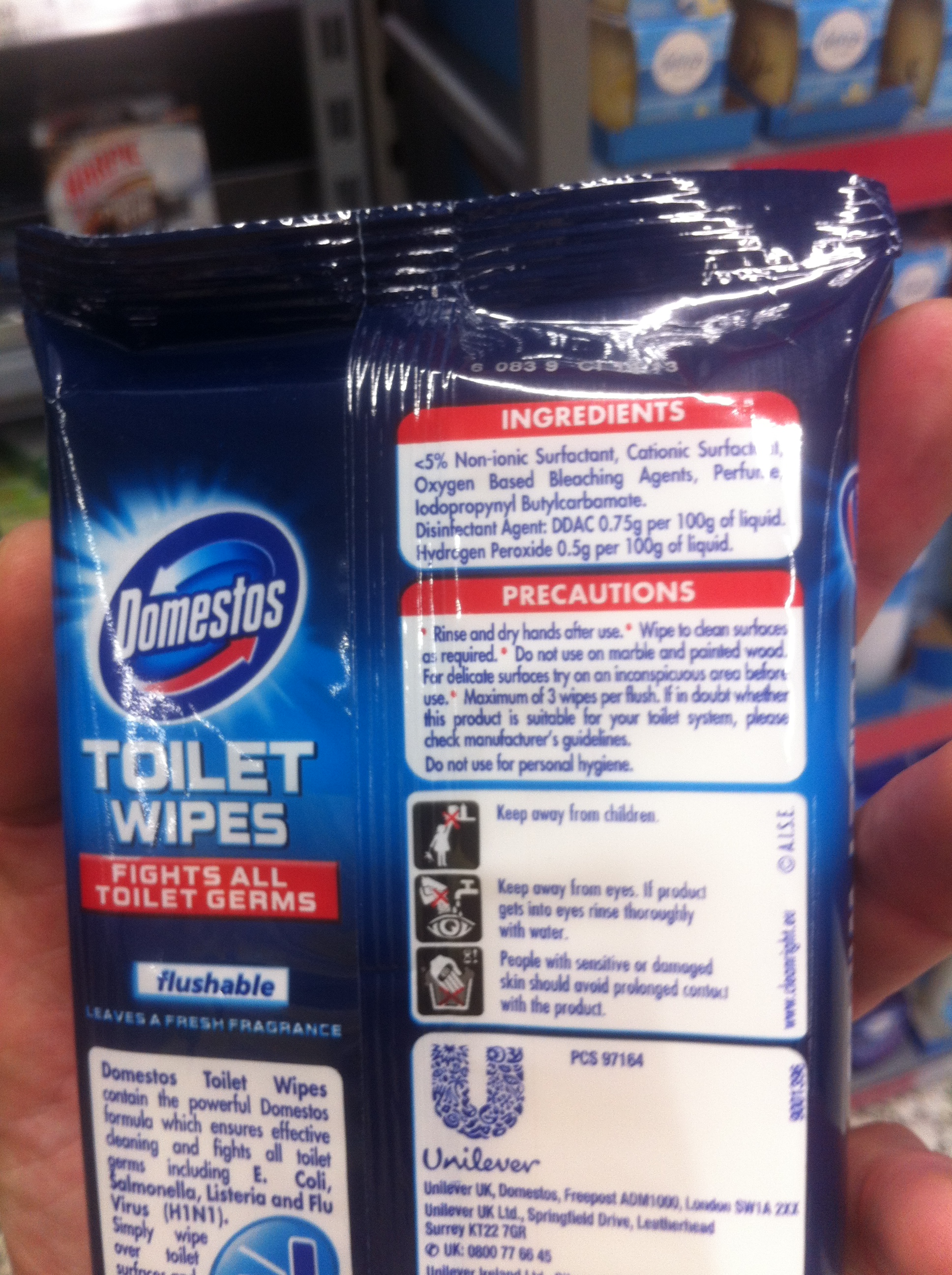‘Fighting superbugs on the home front: becoming an ecological citizen in your bathroom’ – July – October 2016
While much AMR research has been conducted in healthcare and agricultural contexts, the relationship of AMR to the domestic sphere remains largely unexplored. Led by a collaborative highly interdisciplinary team, this new NAMRIP-funded project looks to explore some of the relations between AMR and home cleaning practices. Recent decades have seen a huge rise in the use of antibacterial cleaners (sprays, liquids, wipes, etc.) and the addition of antimicrobials to other products (e.g. deodorants, shaving gel, mouthwash), but householders remain largely unaware of the relationship between their domestic practices and the external environment.
 The research team will survey the sources and range of antimicrobial substances in the home, and look at how their disposal relates to wastewater. Using creative methodologies, they will investigate how families (specifically those with children under 11) make decisions about cleaning, and what their understanding of the functioning and disposal of different products is. Bringing together knowledge and approaches from a range of disciplines, the team hope to understand the domestic contribution to the rise of AMR in the environment and, in novel ways, to address how people can become ecological citizens through water-based waste-disposal practices.
The research team will survey the sources and range of antimicrobial substances in the home, and look at how their disposal relates to wastewater. Using creative methodologies, they will investigate how families (specifically those with children under 11) make decisions about cleaning, and what their understanding of the functioning and disposal of different products is. Bringing together knowledge and approaches from a range of disciplines, the team hope to understand the domestic contribution to the rise of AMR in the environment and, in novel ways, to address how people can become ecological citizens through water-based waste-disposal practices.
The becoming ecological citizen methodology has been developed by Dr Emma Roe in previous projects around food and sustainability, and explores how individuals can make connections between human and non-human communities (in this instance the microbiome) as part of an ecology, rather than through the lens of (ethical) consumerism. The team will also make a review of legal and ethical documents around AMR, and develop a public engagement tool aimed at families. This will creatively communicate some of the issues around the interaction of antimicrobials in the homes and AMR in the environment, and explore possible opportunities for behaviour change.
